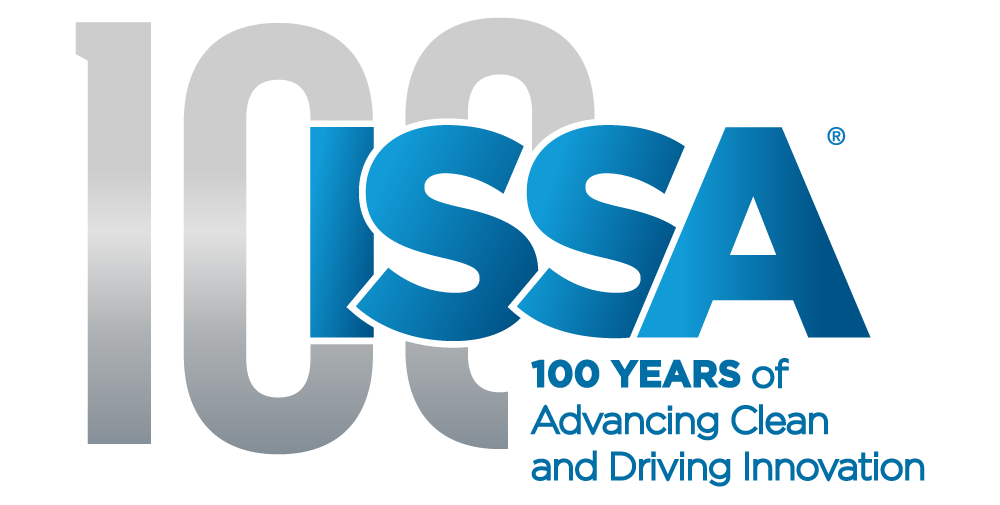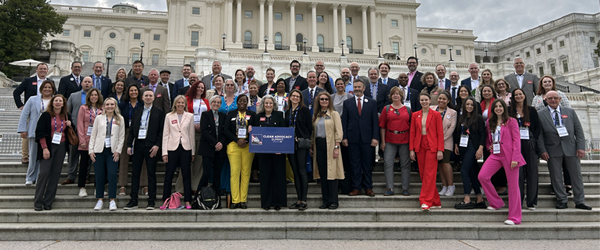ISSA LARU: Supreme Court Blocks Federal Vaccine Mandate for Private Employers
Welcome to the latest ISSA Legislative & Regulatory Update (LARU), a biweekly roundup of the latest public-policy issues impacting the full spectrum of the cleaning industry. This update touches on the U.S. Supreme Court blocking the Biden administration’s COVID-19 vaccine rules for private employers with 100 or more employees, Canada publishing final volatile organic compound (VOC) regulations for certain products, submitting a cleaning week proclamation for your state, and more.
Want to stay informed about critical government affairs impacting the industry? Sign up here to have the ISSA Legislative & Regulatory Update emailed to you every other week!
And be sure to check out the latest installment of our new video series, ISSA Advocacy Cleaning Industry Alert with ISSA Director of Government Affairs John Nothdurft, to learn about the top three advocacy issues impacting the cleaning industry right now, including the Supreme Court blocking the U.S. Occupational Safety and Health Administration’s (OSHA) vaccine rule for private employers, another possible round of federal COVID-19 relief for small businesses, and registering for the 2022 ISSA Clean Advocacy Summit.
ISSA Advocacy
Supreme Court Blocks Biden’s COVID-19 Vaccine Rules for Private Employers
The Supreme Court blocked the Biden administration’s COVID-19 vaccine-or-testing rules for large private employers. The high court upheld a stay pending further action by the U.S. Court of Appeals for the Sixth Circuit; enforcement of the employer vaccine rules is stayed until the Sixth Circuit issues a ruling. The Supreme Court gave the administration more latitude in the healthcare industry, allowing it to impose a vaccine mandate for more than 10 million healthcare workers whose facilities participate in Medicare and Medicaid.
Canada Publishes Final VOC Regulations for Certain Products
Earlier this month, the Volatile Organic Compound Concentration Limits for Certain Products Regulations were published in the Canada Gazette, Part II: Vol. 156, No. 1 – January 5, 2022. The regulations apply to manufacturers and importers and establish concentration limits for volatile organic compounds (VOCs) in approximately 130 product categories and subcategories. In brief, the Canadian VOC regulations are modeled after those of California, and cover many of the same cleaning product categories covered by the California Air Resource Board Consumer Product Regulations.
Help ISSA Submit a Cleaning Week Proclamation for Your State
March 27-April 2 is National Cleaning Week—a time when the entire cleaning industry celebrates the value of clean. Help ISSA raise awareness about the value of clean by submitting a proclamation to designate an official week of cleaning for your state. Nearly every state has an online proclamation form that a resident of that state can submit free of charge. ISSA has already prepared a template proclamation, but we need your help submitting the proclamations by February 11. Help us reach our goal of designating a cleaning week in all 50 states! If you’re interested in helping ISSA with this campaign and/or have questions regarding National Cleaning Week, please contact ISSA Government Affairs Coordinator Stacy Seiden.
Register for the 2022 ISSA Clean Advocacy Summit
Register now for the 2022 ISSA Clean Advocacy—IOPFDA Workplace Solutions Summits, March 30-31, in Washington, D.C., as part of National Cleaning Week. During this two-day, premier ISSA advocacy event, participants will get up to speed on the pressing public-policy issues for the full cleaning supply chain and sharpen their advocacy acumen. Participants will then apply their new knowledge and skills by meeting with lawmakers and other Washington insiders to advance the industry. Reserve your seat today!
ISSA Advocacy Webinar: How You Can Celebrate National Cleaning Week
How will your business recognize your employees, thank your customers, and demonstrate the value of clean during this week dedicated to the industry? Get ideas and jumpstart your planning for National Cleaning Week, March 27-April 2, by registering now for this free ISSA webinar from 12 p.m. to 1 p.m. CT on Wednesday, February 2.
Industry Bodies Urge COVID-19 Exemptions for Cleaning Sector
ISSA and the Building Service Contractors Association of Australia are calling on state and federal governments to extend relaxed isolation requirements to the cleaning industry.
ISSA Advocacy Fund Exceeds Fundraising Goal
Thank you to those who contributed to the ISSA Advocacy Fund as part of our recent matching challenge! We exceeded our fundraising goal for this challenge from IAF Founding Supporter Products Chemical Company, which generously matched IAF contributions received in the last four months of 2021 up to US$5,000.
Legislative
Lawmakers Begin Talks on Another Round of COVID-19 Relief for Businesses
Democratic and Republican lawmakers have held preliminary discussions about another round of federal COVID-19 stimulus spending as they seek to “blunt the fast-spreading omicron variant and its threats to public health and economic recovery,” The Washington Post reported. The efforts have focused primarily on authorizing billions of dollars to help an array of businesses, such as restaurants, performance venues, gyms, and minor league sports teams, that face another potential financial blow as a result of the evolving pandemic. ISSA strongly supports these efforts, including small-business relief for cleaning-related expenses, as part of the association’s ongoing advocacy for healthy and safe workplaces.
Regulatory
Employee Injury Records Due to OSHA by March 2
Employers required to keep injury and illness records, including those that employ building service workers, must submit the forms by March 2, according to a reminder OSHA and Cleaning & Maintenance Management.
Treasury Plans $10B in Funding for Small Businesses
The federal government will give out $10 billion in aid to new companies to help spur business in disadvantaged companies and broaden the recovery from the pandemic, PYMNTS reported. According to Adair Morse, Deputy Assistant Secretary of Capital Access at the U.S. Treasury Department, the goal is to get more money for disadvantaged groups, including racial minorities, rural communities, and veterans.
Investigation Restores Back Wages for Maintenance Workers
An investigation by the U.S. Department of Labor’s Wage and Hour Division into the owner of a San Jose, California luxury apartment complex led to the recovery of $71,388 in back wages and liquidated damages for seven maintenance workers, according to Cleaning & Maintenance Management.
Understanding Biden’s ‘Green’ Federal Procurement Order
U.S President Joe Biden’s recent executive order on clean energy is likely to “raise tough legal issues as the federal government and its contractors implement environmentally sustainable procurement,” says George Washington University Law School professor Christopher Yukins. In this Bloomberg Law article, Yukins explains some of the likely implications for contractors, especially those in environmentally critical industries such as electric power, vehicles, office buildings, and water.
Inflation Rises 7% over Past Year, Highest Since 1982
Inflation rose at its fastest 12-month pace in nearly 40 years during December 2021, according to the U.S. Department of Labor and as reported by CNBC. The consumer price index (CPI), a metric that measures costs across dozens of items, increased 7%; on a monthly basis, CPI rose 0.5%.
State News
Louisiana Supreme Court Upholds Employer Vaccine Mandate
The Louisiana Supreme Court unanimously upheld a COVID-19 vaccine mandate for the state’s largest health care system, AP reported.
Cal/OSHA Issues Guidance on Quarantine Periods
Cal/OSHA published an updated FAQ addressing how the new recommended isolation and quarantine periods affect its Emergency Temporary Standards, according to JD Supra.
California Court Opens Door to ‘Take-Home’ COVID-19 Lawsuits
As COVID-19 cases surge in the United States, some businesses fear a California court ruling has increased the likelihood that companies will be sued for infections, even by people who are not employees or customers, Reuters reported.
















